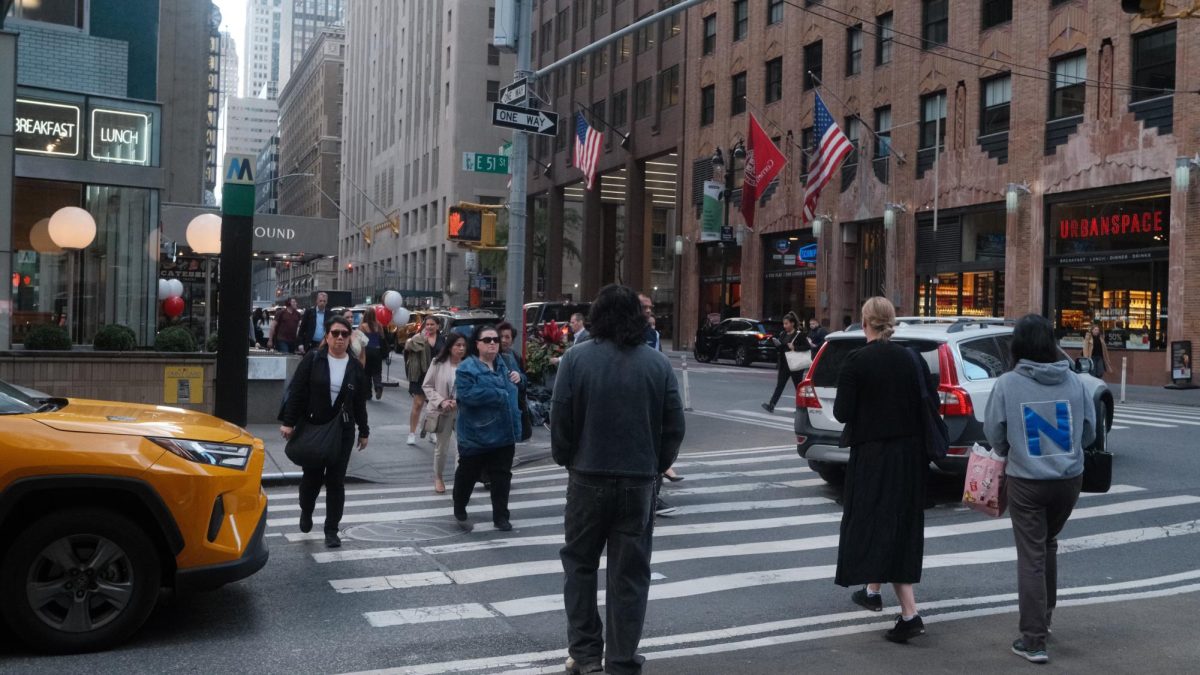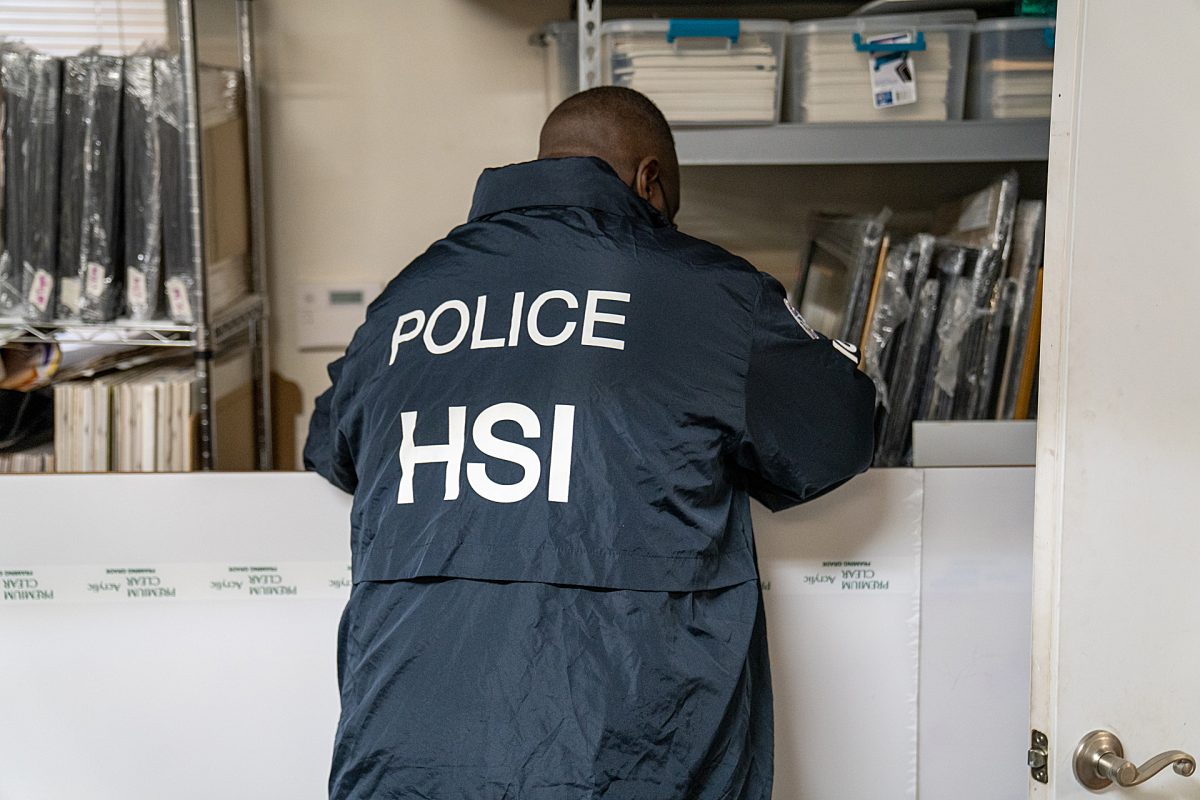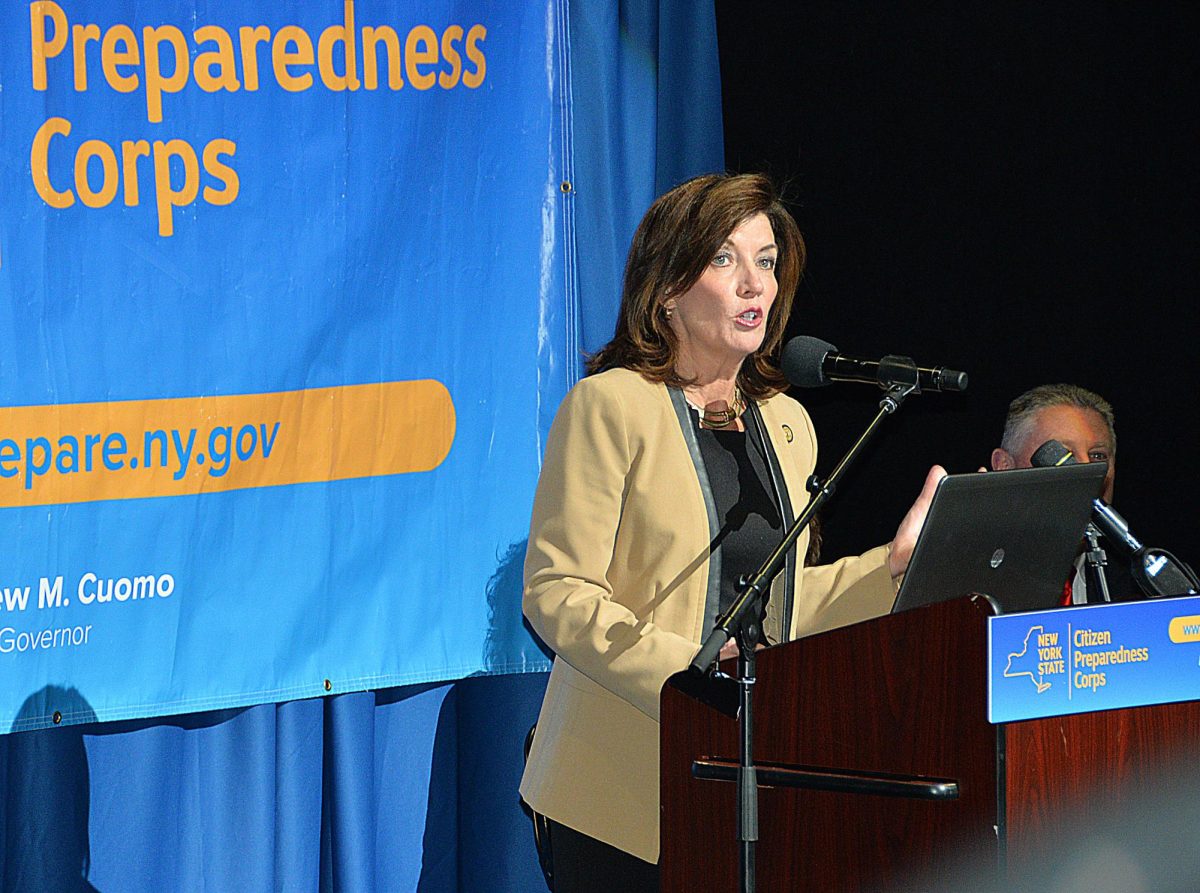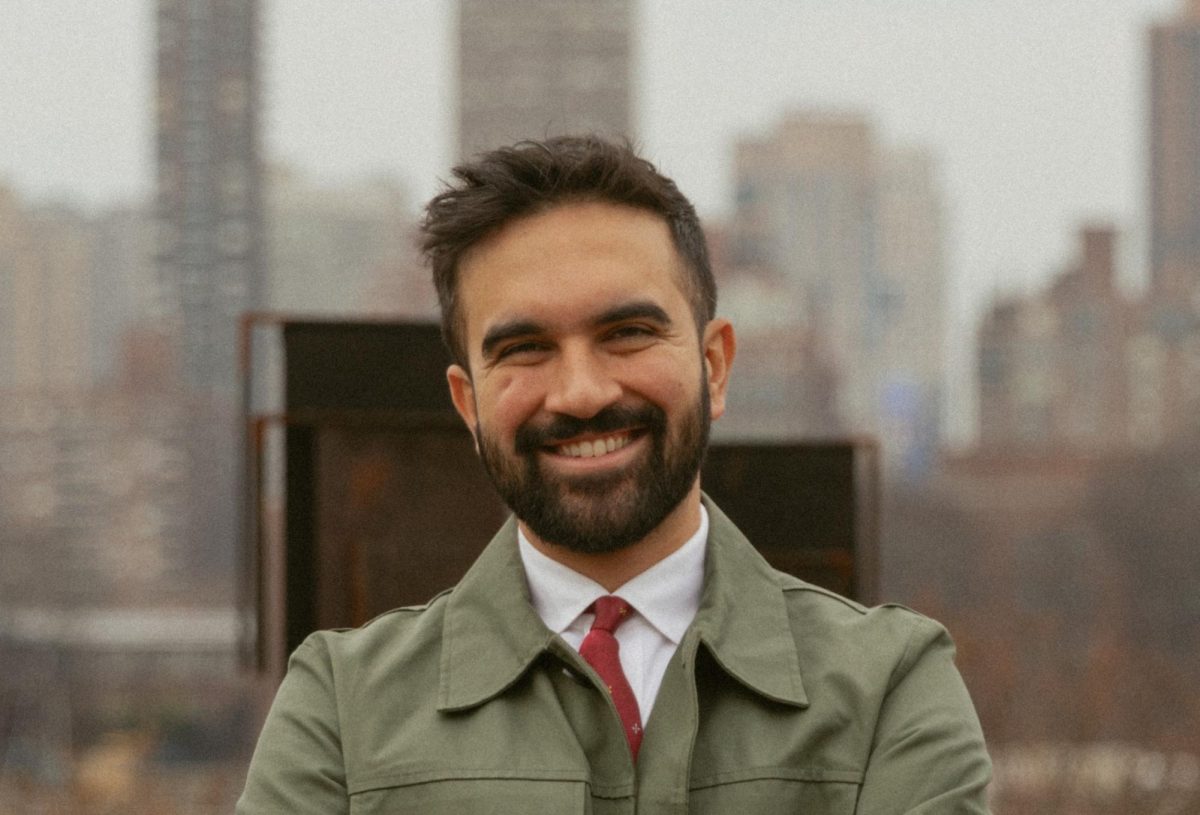Jaywalking—defined as crossing a street outside of a crosswalk or against the light—is set to be legalized in New York City after the New York City Council passed a bill on Sept. 26 that would remove the NYPD’s authority to ticket individuals for crossing streets outside of designated crosswalks. This bill will negate a law that has been in effect since 1958.
“We’ve supported legalizing jaywalking for years, and it’s past time for the city to take this outdated policy off the books,” Transportation Alternatives Director Elizabeth Adams said.
“Criminalizing jaywalking makes no one safer,” Transportation Alternatives director Elizabeth Adams said.
Mayor Eric Adams — who was recently charged with bribery and campaign finance offenses on the same day the Council passed the bill — would have to sign the bill for it to be put into effect.
The 1950s era jaywalking law disproportionately affected people of color.
Out of the 786 pedestrian-related summonses issued by the NYPD in the first six months of 2024, an overwhelming 77% went to Black or Hispanic people, the Gothamist reported.
Another statistic reported by Gersh Kuntzman states that “of the 463 summonses for which race was known, 426 summonses, or 92 percent, were written to Blacks or Latinos,” even though “Black and Latino residents make up 55 percent of the city’s population.”
As of recently, the consequences for jaywalking include a police fine of up to $250, however, the violation has not been enforced equally across the city.
According to the city’s database of summonses, only 47 of the city’s 77 precincts registered an illegal crossing ticket at all in 2023. This is equivalent to about 40% of the city’s precincts not issuing a single ticket for jaywalking.
According to Gothamist, the neighborhoods that receive the fewest amount of jaywalking tickets are considered to be affluent, wealthy areas, namely the Upper East Side, Williamsburg, the Financial District and the Upper West Side.
Many people have become fed up with these trends, including Pace University constitutional law professor Bennett Gershman. “This just strikes me as a reemergence of stop and frisk under a new pretext, that’s how it sounds…The fact that they’re targeting minority members of the community, with the thought that minority people occupy a smaller percentage of New York than white citizens, you’ve got to think that this is discriminatory,” Gershman said.
The Legal Aid Society is urging the mayor to sign the bill as soon as possible, explaining their position in a short statement, “Jaywalking enforcement has long served as a pretext for over-policing that has disproportionately impacted Black and Latinx communities, ensnaring New Yorkers of color in the criminal legal system.”
Though jaywalking is officially set to be legalized, NYC residents will still have to remain wary of their surroundings when crossing the street, whether they jaywalk or not.
“It’s just faster when you need to get to where you gotta go, if you need to catch another bus or something like that. At the same time, it’s kind of dangerous. If you’re not watching where you’re going, you could get hit,” remarked Asia Adams, a Harlem resident.









